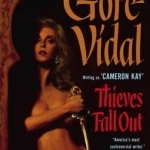
Thieves Fall Out
Book
Gore Vidal was one of America's greatest and most controversial writers. The author of twenty-three...

Island Beneath the Sea
Book
From the sugar plantations of Saint-Domingue to the lavish parlors of New Orleans at the turn of the...

Golden Parasol: A Daughter's Memoir of Burma
Book
At the time of Burma's military coup in 1962, Wendy Law-Yone was fifteen. A year later, her father...
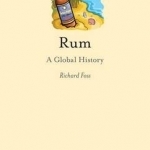
Rum: A Global History
Book
What did Charles Dickens savour in punch, Thomas Jefferson eat in omelettes, Queen Victoria sip in...
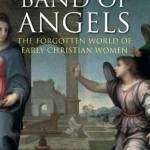
Band of Angels: The Forgotten World of Early Christian Women
Book
In Band of Angels, Kate Cooper tells the surprising story of early Christianity from the woman's...

The Ugly Wife is a Treasure at Home: True Stories of Love and Marriage in Communist China
Book
The ugly wife is a treasure at home" is not just an idle expression in China. For centuries, Chinese...
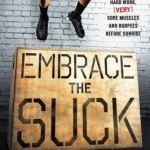
Embrace the Suck: What I Learned at the Box About Hard Work, (Very) Sore Muscles, and Burpees Before Sunrise
Book
With irreverence, humor, and soul-touching candor, the former editor of Bicycling magazine explores...
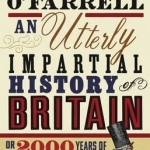
An Utterly Impartial History of Britain: (or 2000 Years of Upper Class Idiots in Charge)
Book
Many of us were put off history by the dry and dreary way it was taught at school. Back then 'The...
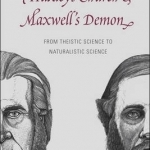
Huxley's Church and Maxwell's Demon: From Theistic Science to Naturalistic Science
Book
During the Victorian period, the practice of science shifted from a religious context to a...
Christine A. (965 KP) rated The Night Window: A Jane Hawk Novel in Books
Jun 25, 2019
4.51 · 2,534 ratings ·
The Night Window by Dean Koontz is the 5th and final Jane Hawk novel in the series. I have read many books by Koontz and am a fan of his Odd Thomas series. Somehow, I missed reading his Jane Hawk series.
I was provided with a copy of the 5th novel and, to give a fair review, needed to read the earlier books in the series. I am so glad that I did. I could not put them down! It would help, but you do not need to read the other books. However, you would be missing out on an excellent and chilling series. Koontz gives you enough information, so you have a general outline of the events leading up to The Night Window.
In the Silent Corner, the first novel, Jane begins a campaign to reveal the truth about her husband's suicide. Early on, we learn a number of government officials and other influential individuals with the help of nanotechnology and an army of mind-altered citizens are responsible. It is the possibility of this "revolution" occurring that makes the story so disturbing. Often you find supernatural creepiness in Koontz's books, but I found this series to be the scariest.
This review was published on Philomathinphila.com on 6/24/19.
